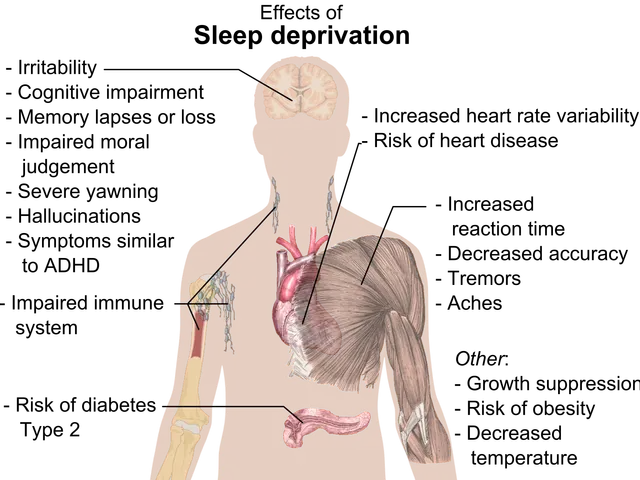Understanding the Interplay Between Workers' Compensation and Medicare: Essential Insights
Spilling the Beans on Medicare and Workers' Compensation:
Navigating the maze of Medicare and workers' compensation can be a headache, but here's a straightforward guide on what you need to know.
Workers' Compensation 101:
Workers' compensation is insurance for those who've suffered on-the-job injuries or illnesses. It's handled by the Office of Workers' Compensation Programs, an arm of the Department of Labor. This insurance is available for federal employees, their families, and select entities.
When you're enrolled in Medicare or on the verge of eligibility, it's essential to understand how workers' compensation may impact your Medicare coverage. Ignoring this could lead to complications with medical costs for work-related injuries or illnesses.
Workers' Compensation Settlements and Medicare – Breaking it down:
Under Medicare's secondary payer policy, workers' compensation ought to be the primary payer for any treatment related to a work-related injury.
If you incur immediate medical expenses before your workers' compensation settlement arrives, Medicare might pay initially and launch a recovery process handled by the Benefits Coordination & Recovery Center (BCRC). To steer clear of this recovery process, it's advisable to have the Centers for Medicare & Medicaid Services (CMS) keep tabs on the amount you receive from workers' compensation for your injury or illness-related medical care.
In some cases, Medicare may require a workers' compensation Medicare set-aside arrangement (WCMSA) for these funds. Medicare will only cover the care after all the money in the WCMSA has been used up.
What Settlements Should You Report to Medicare?
When dealing with workers' compensation, you must submit a Total Payment Obligation to the Claimant (TPOC) to the CMS. This reveals the total amount owed to you or on your behalf from workers' compensation.
You need to submit a TPOC if you are already enrolled in Medicare due to age or Social Security Disability Insurance, and the settlement is $25,000 or more.
Even if you're not currently on Medicare but will qualify within 30 months of the settlement date, and the settlement amount is $250,000 or more, you must submit a TPOC.
Apart from workers' comp, you must also report to Medicare if you file a liability or no-fault insurance claim.
Frequently Asked Questions:
Questions? Call Medicare at 800-MEDICARE (800-633-4227) or visit Medicare.gov during certain hours for a live chat. For questions about the Medicare recovery process, contact the BCRC at 855-798-2627.
A Medicare set-aside is voluntary, but if you want one, your workers' compensation settlement must be over $25,000. Alternatively, if you're eligible for Medicare within 30 months, the settlement amount should be over $250,000.
Using the funds in a Medicare set-aside arrangement, like a WCMSA, for anything other than the designated purpose can lead to claim rejections and reimbursement obligations to Medicare.
The Bottom Line:
Workers' compensation is a lifeline for those injured or ill on the job – but what happens when you're covered by Medicare as well? To avoid claim rejections and reimbursement obligations, report workers' compensation agreements to Medicare. Educate yourself on the ins and outs of combining these two to steer clear of complications.
Resources:
Visit our Medicare hub for more resources to navigate the world of medical insurance.
- In navigating the Medicare system, it's crucial to understand how it interacts with workers' compensation, specifically when it comes to work-related injuries or illnesses.
- Under Medicare's secondary payer policy, workers' compensation settlements should cover medical expenses related to work-related injuries before Medicare does, to avoid recovery processes.
- When handling workers' compensation, it's mandatory to submit a Total Payment Obligation to the Claimant (TPOC) to Medicare if the settlement amount is $25,000 or more when enrolled in Medicare or if the amount is $250,000 or more when qualifying for Medicare within 30 months.
- A Medicare set-aside arrangement (WCMSA) may be required for funds from workers' compensation to prevent Medicare from covering care until the WCMSA funds have been used up.








